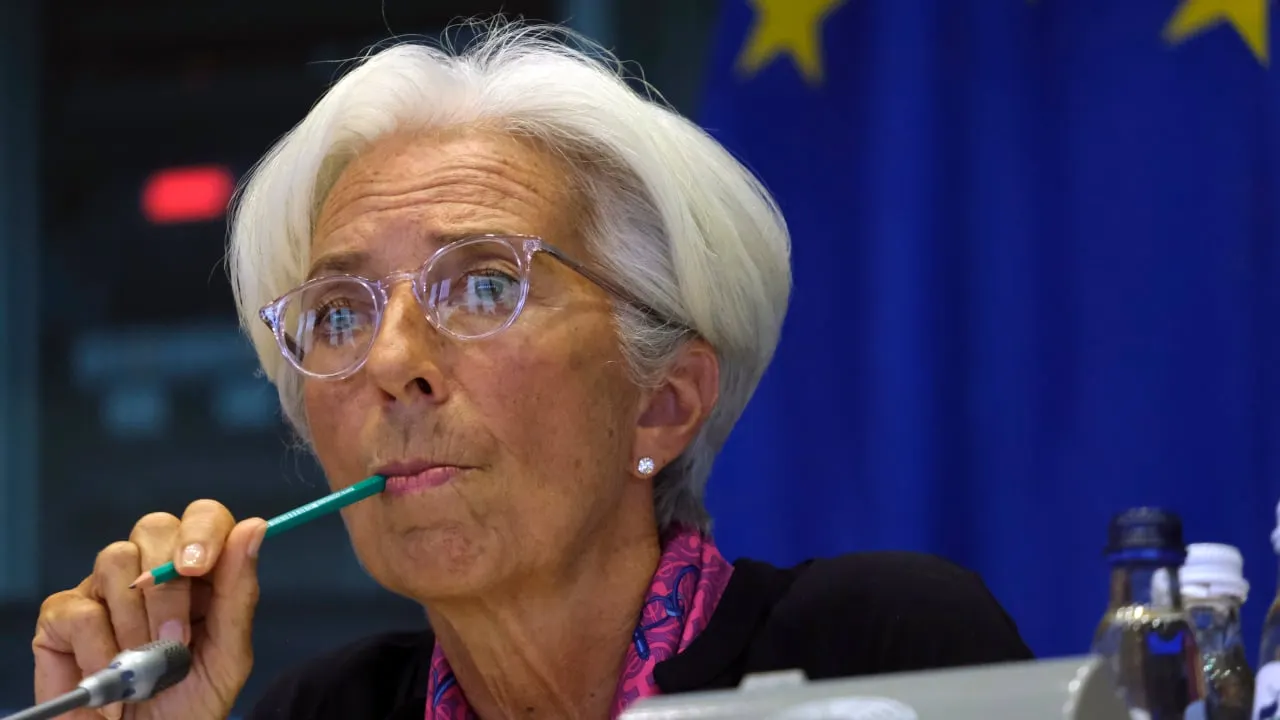European Central Bank President and noted crypto critic Christine Lagarde is doing her best to keep the Eurozone insulated from the volatility of crypto assets. But on Friday, Lagarde admitted that she couldn't accomplish the same for her own family.
Lagarde’s 30-something year old son bought crypto against her wishes, and “lost it all,” the French politician admitted during a town hall meeting in Frankfurt on Friday, according to a report in Reuters.
“He ignored me royally, which is his privilege," Lagarde said to an audience of students. "And he lost almost all the money that he had invested."
Lagarde spoke publicly last year about her son’s crypto holdings, saying he invested in digital assets despite her numerous failed interventions and attempts to convince him he was making a mistake. The European official has two sons, both in their mid-thirties, but has never publicly clarified which of the two invested in crypto.
Only after he finally sustained significant losses did Lagarde’s son finally concede he should have listened to his mother, the ECB chief said Friday.
"It wasn't a lot but he lost it all, he lost about 60% of it," Lagarde added. "So when I then had another talk with him about it, he reluctantly accepted that I was right."
The head of Europe’s banking system has long been vocal about her disdain for crypto. Last year, she said that all crypto assets “are worth nothing” and “based on nothing.” When pressed on the question of whether Bitcoin should ever be held by central banks, Lagarde dismissed such a possibility as “out of the question.”
While Lagarde is openly critical of decentralized digital assets like Bitcoin and other cryptocurrencies, she’s been a key proponent of central bank digital currencies (CBDCs) for years. Under her leadership, the European Central Bank has begun actively pursuing a digital euro, though a final decision has not yet been made about its adoption.
CBDCs, like the proposed digital euro, are electronic versions of a state’s fiat currency that allow for peer-to-peer electronic payments without depending on intermediaries like banks.
While CBDCs have already been adopted by a handful of countries including The Bahamas, Jamaica, and Nigeria, they have become a political flashpoint in other nations like the United States. Detractors have labeled the financial technology “downright un-American” and attempted to outlaw it in several jurisdictions, due to its potential to allow governments to monitor financial transactions.
Edited by Andrew Hayward

